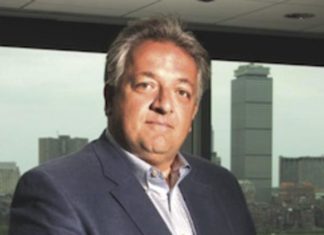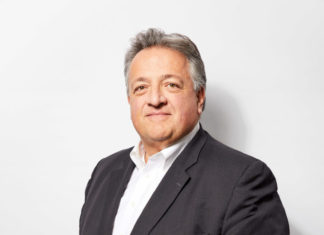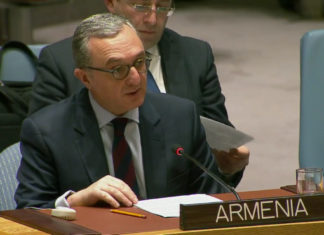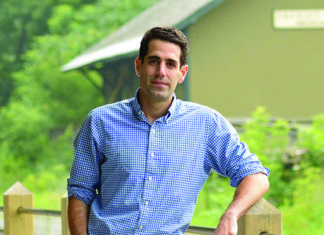By Thomas C. Nash
Special to the Mirror-Spectator
BOSTON — A human rights group’s recent settlement of a libel lawsuit brought by a professor known for his “contra-genocide” viewpoint on the Armenian Genocide has left some wondering about its position on the issue and whether there could be implications for another high-profile Genocide case.
The Southern Poverty Law Center (SPLC) issued a retraction and apology to retired University of Massachusetts history professor, Guenter Lewy, 87, in September after a two-year legal battle that began with a 2008 report that said Lewy was part of a network of people being paid by the Turkish government to oppose characterizing the 1915 massacres of Armenians by Ottoman Turks as genocide.
“We were wrong,” SPLC President Richard Cohen said, noting he drafted the language of the apology and retraction himself. Despite the difficulty in proving malice in libel cases, he noted that the SPLC ultimately decided against going to trial.
“We could have won the case,” Cohen said. “But we decided settling was the morally right thing to do.”
The retraction, however, goes further than noting the organization was incorrect in its assertion that Lewy took money from the Turkish government, noting: “To our knowledge, Professor Lewy has never sought to deny or minimize the deaths of Armenians in Ottoman Turkey; nor has he sought to minimize the Ottoman regime’s grievous wartime miscalculations or indifference to human misery in a conflict earmarked by widespread civilian suffering on all sides.









